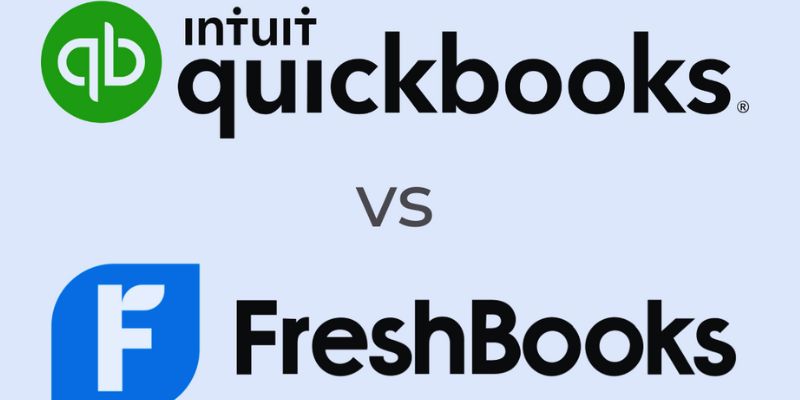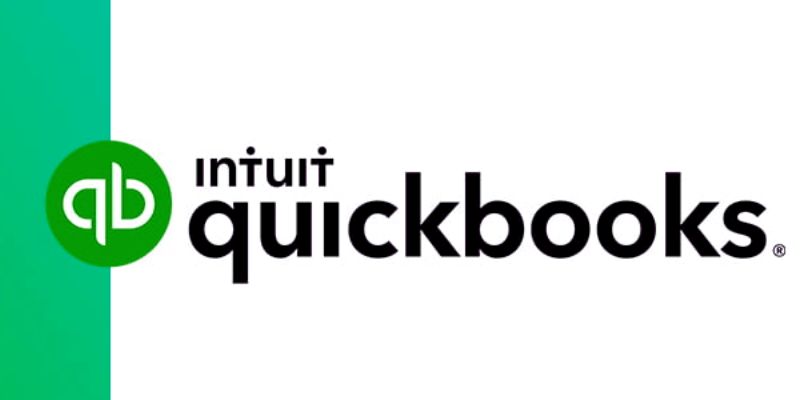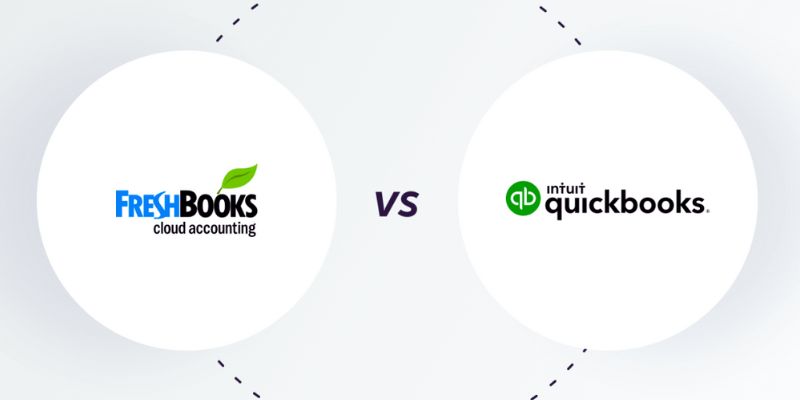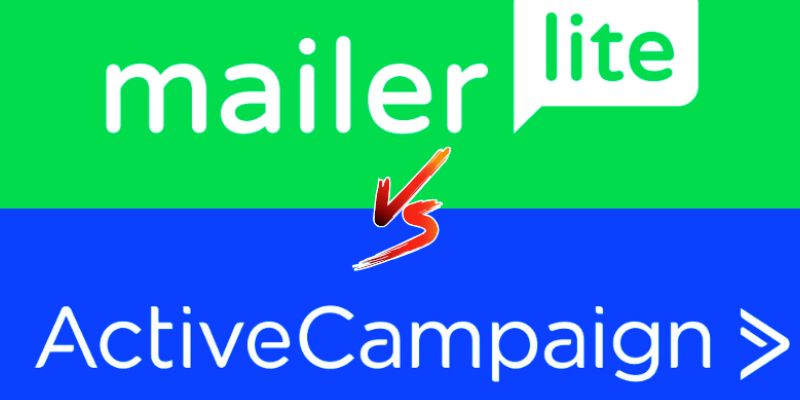FreshBooks vs. QuickBooks: Which is Best for Your Business in 2025
Advertisement
Selecting the right accounting program might transform your company's 2025 situation. The discourse revolves mostly around two leading names: FreshBooks and QuickBooks. Though they are both rather popular, they meet different commercial purposes. Small business owners seeking simplicity and ease of use and freelancers would find FreshBooks ideal. Conversely, QuickBooks provides strong tools for expanding and more sophisticated companies.
Choosing the correct tool counts whether you handle payroll or bills. FreshBooks and QuickBooks differ mostly in pricing, features, support, and more in this guide. By the end, you can boldly select the solution that aligns with your company objectives. Spend time and money wisely; find which program best meets your needs for 2025 and forward.

Main Differences Between FreshBooks and QuickBooks
Below are the main areas where FreshBooks and QuickBooks differ, helping you decide which suits your business better:
Pricing Comparison
Accounting software is chosen mostly based on pricing, among other considerations. FreshBooks has three basic plans: Lite, Plus, Premium, and a simple price structure. For the Lite plan, which is best for independent contractors or smaller companies, rates start at $15 a month. However, QuickBooks offers a wider choice. Its four plans are Simple Start, Essentials, Plus, and Advanced. Starting the Simple Start plan, pricing is $25 a month. The prices rise as you climb to more sophisticated plans with extra amenities. FreshBooks is more reasonably priced if you are starting out or on a limited budget. QuickBooks provides more solid tools for companies with more complicated needs at every pricing level.
Features: What Sets Them Apart?
FreshBooks's simplicity and ease of use are well-known. Its tools mostly address billing, spending control, and time monitoring. FreshBooks is a good choice for freelancers and small business owners requiring a simple interface. Users can also make professional invoices, track payments, and oversee client contacts. By contrast, QuickBooks provides a larger spectrum of capabilities fit for companies of all kinds. These cover advanced reporting features, payroll management, inventory tracking, and tax preparation. Companies looking for a complete solution to manage accounting, payroll, and financial reporting will find QuickBooks perfect.
User Experience: Which Is Easier to Use?
Many people compliment FreshBooks for its simple and navigable UI. You need no background in accounting to apply it successfully. The program presents a simple dashboard that makes handling money easy. It is ideal for company owners who wish to concentrate less on learning sophisticated software and more on their work. Though it has a strong interface with many tools, beginners may find QuickBooks daunting. Although it provides strong tools, the learning curve is steeper than FreshBooks. QuickBooks offers great capability for companies ready to commit time to learning the program and needing more sophisticated tools.
Customer Support: Which Has Better Help?
Any program needs customer assistance if it is to be useful. FreshBooks provides live chat, phone assistance, and email, among other support outlets. They also have a large online assistance center that includes tutorials and articles. Many users value FreshBooks' attentive and useful customer care staff. Among the other support choices QuickBooks provides are live chat, phone support, and an online help center. Given QuickBooks' vast user base, finding solutions to typical problems is simple. Some users, meanwhile, claim lengthier wait times for help than for FreshBooks. Both sites provide good customer service generally. FreshBooks' smaller clientele could provide quicker response times if you need help immediately.
Integration and Add-Ons
FreshBooks and QuickBooks both provide extensive connections with outside programs. FreshBooks links with payment processors, including PayPal, Stripe, and others. It also works with programs including Shopify, Trello, and G Suite. Being a more durable solution, QuickBooks provides integrations with about 650 outside apps. These include more sophisticated inventory choices, payroll, time management, and well-known sites such as PayPal, Shopify, and Square. QuickBooks' many integrations make it a better option if your company depends on several tools.
Scalability: Which Software Grows with Your Business?
Regarding scalability, QuickBooks leads the way. It provides various layers with rising capabilities to help companies expand. For big businesses with more complicated accounting requirements, for instance, Quick Books Advanced is meant. It offers tools including tailored user rights, sophisticated reporting, and committed customer service. Conversely, FreshBooks is more oriented toward freelancers and small companies. Although it has some scalability choices, it is not as strong for bigger businesses as QuickBooks. QuickBooks is a better long-term option if you expand your company dramatically.
Mobile App: Which Is More Convenient?
FreshBooks and QuickBooks have smartphone apps to handle your money on the run. People value FreshBooks' mobile app for its simplicity. It lets consumers examine information from their mobile devices, track costs, and make and send invoices. Most functions—including invoicing, cost management, and report generation—are also available via a mobile app available in QuickBooks. However, given QuickBooks' many capabilities, it can be more difficult to navigate its mobile app. Although both programs have great ratings, FreshBooks presents a more straightforward interface, and QuickBooks provides a more feature-packed solution for companies that need sophisticated tools.

Security: Keeping Your Financial Data Safe
FreshBooks and QuickBooks give security much thought. FreshBooks shields your information with 256-bit SSL encryption. Financial organizations maintain your sensitive data safe using this same degree of protection. Strong security mechanisms used in QuickBooks to guard your data include encryption and multi-factor authentication. Larger companies with more complicated financial demands utilize QuickBooks, which provides more security measures, including configurable permissions and role-based access. Regarding security, both systems are reliable, and industry-standard encryption guards your data.
Conclusion:
Although both FreshBooks and QuickBooks provide great accounting solutions, they fit distinct company purposes. FreshBooks is a good choice for freelancers and small businesses that value simplicity and ease of use. It presents necessary tools without overloading the user. Growing businesses needing sophisticated tools, including payroll, inventory, and thorough reporting, will find QuickBooks more suited. It links with more tools and is more scalable. Your decision will rely on your business's size, budget, and future objectives. FreshBooks can be sufficient if you have just started. QuickBooks is well worth the price for bigger organizations. Before choosing the greatest match for 2025, consider the aspects you must have.
On this page
Main Differences Between FreshBooks and QuickBooks Pricing Comparison Features: What Sets Them Apart? User Experience: Which Is Easier to Use? Customer Support: Which Has Better Help? Integration and Add-Ons Scalability: Which Software Grows with Your Business? Mobile App: Which Is More Convenient? Security: Keeping Your Financial Data Safe Conclusion:Advertisement
Related Articles

Thunderbird 138 Improves Accessibility and Email Interaction Tools

Pipedrive vs. Zoho: Which CRM is Best for Your Business in 2025

Desktop Publishing Software That Actually Gets the Job Done

Top Backup Solutions for Google Workspace You Can Rely On

The 8 Best Zoom Alternatives in 2025: Top Picks for Seamless Communication

The 6 Best Note-Taking Apps in 2025: Stay Organized and Efficient

Top 5 Deployment Automation Tools Developers Rely On

Copilot or ChatGPT: The Ultimate 2025 Guide to Choosing the Right AI Chatbot

Choosing Between Webflow and WordPress for Your Website in 2025

Best Password Managers for Safari and macOS

FreshBooks vs. QuickBooks: Which is Best for Your Business in 2025

 novityinfo
novityinfo